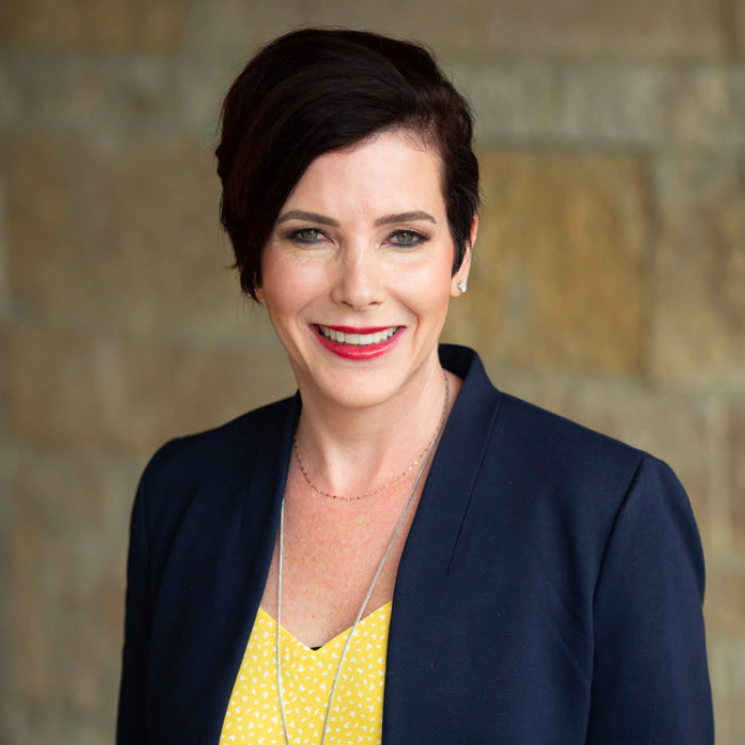When the pandemic began, well-being suddenly became central to our conversation about work. As a Chief Well-being Officer, I was glad to see the increasing acknowledgement and awareness that we’re in the midst of what can only be called a well-being crisis. But now, in the wake of the pandemic, how do we move forward to do something about it? That’s the subject of a groundbreaking new report by Deloitte called The Workforce Well-being Imperative: Paving the way for human sustainability.
The top-level takeaway is that we need to dramatically broaden our notions of well-being. This needs to happen at the collective and organisational level, but there are also things we can do in our own lives to help drive this culture shift.
The report notes that in responding to the challenges of the pandemic, most organisations have given significant attention and resources to employee well-being. But, as the study authors put it, “Although the intent is good, little progress can be made if the root causes of poor workforce well-being are not addressed”. And those root causes are what we call the “work determinants of well-being”.
Public health institutions, including the World Health Organization (WHO) talk about the “social determinants of health”, which the WHO defines as “the non-medical factors that influence health outcomes”. Included in those factors is work. The reason why we’ve expanded that idea into the work determinants of well-being is because work has a huge influence on every aspect of our physical and mental well-being.
The study breaks down the work determinants of well-being into three categories: leadership behaviours at all levels; how our jobs are designed, by both ourselves and our organisations; and our ways of work, or how we get our work done. To understand how these factors impact our well-being, Deloitte surveyed over 1200 US employees across a range of industries, regions and socio-economic levels.
The well-being crisis is systemic
The first lesson is that well-being is a systemic problem, and one that is going to require systemic solutions. We didn’t get here overnight, so there’s not going to be an easy fix. As the study makes clear, we’re definitely in a state of crisis. Among the eye-opening statistics cited is that while 80 per cent of executives say well-being is a top priority, nearly 90 per cent of workers think their work life is actually getting worse. And 57 per cent of employees are considering quitting their job for one that better supports their well-being.
Addressing that means that at the organisational level we need to move from a legacy mindset that well-being is the responsibility of the individual to the more forward-thinking notion of well-being as a shared responsibility.
We all have a role to play
The second lesson is just as crucial. Just because the well-being crisis is systemic doesn’t mean there’s nothing each of us can do in our individual lives. We’re all part of a system, and we’re connected to micro-systems in our own lives. We all have a sphere of influence regardless of our role in an organisation. If we’re all moving in the same direction, then we’ll be able to harness that collective power for change on a collective scale.
A great example? Climate change. The climate is, of course, the biggest system on the planet. And it would be easy to become overwhelmed or cynical or despairing about what we could possibly do in our own lives to help. But as climate activist and author Heather White shows in One Green Thing: Discover Your Hidden Power to Help Save the Planet, we can make a difference. “Many argue that individual action doesn’t matter in an issue as global and enormous as the climate crisis,” White writes. “They are wrong. Individual actions matter, but perhaps not in the way you think. You alone will not solve the climate crisis. Neither will I. But if you intentionally live a more sustainable life and connect with your community about your practice of One Green Thing, you can build momentum for culture change to shift policy.”
Start with our own networks
And the same is true for the shift we need to make in well-being. We all work with other human beings on some level. So we can contribute to a network effect by being more aware of how our work habits impact others in our own individual networks. For instance, the report cites the fact that employees are spending 250 per cent more time in meetings than they were before the pandemic. So in thinking about two of the work determinants of well-being — how our work is designed and our ways of working — the next time you’re putting time on someone’s calendar, ask yourself, ‘Is this meeting needed? Is it worth their time? Is it worth my time?’
We all know technology is a big driver of burnout. In fact, respondents to the survey said that being always-on and switching between tasks — and apps — had a constant negative effect on their well-being. So being more intentional with how we use technology is also a great place to start.
When we find ourselves multi-tasking in a meeting, we should step back and ask ourselves why. Is it because we don’t believe the work we’re doing is important? Or that the person doesn’t deserve our full attention? When one person is checked out, others tend to follow.
Another Microstep for your micro-system: blocking time. This can mean scheduling time on your calendar for yourself to get deep work done or just for self-care. And it can also mean blocking off no-meeting times for your team. Both ways will boost your own well-being and give others the permission to do the same in their own lives.
The goal is human sustainability
As the report concludes, “the ball is clearly in the court of employers to address the changing dynamics of work and move towards a model that supports human sustainability”. That’s a huge undertaking, but we can only start with what we can control. And we all have a role to play in creating the world of work we want to live in. You can read the full report here.






